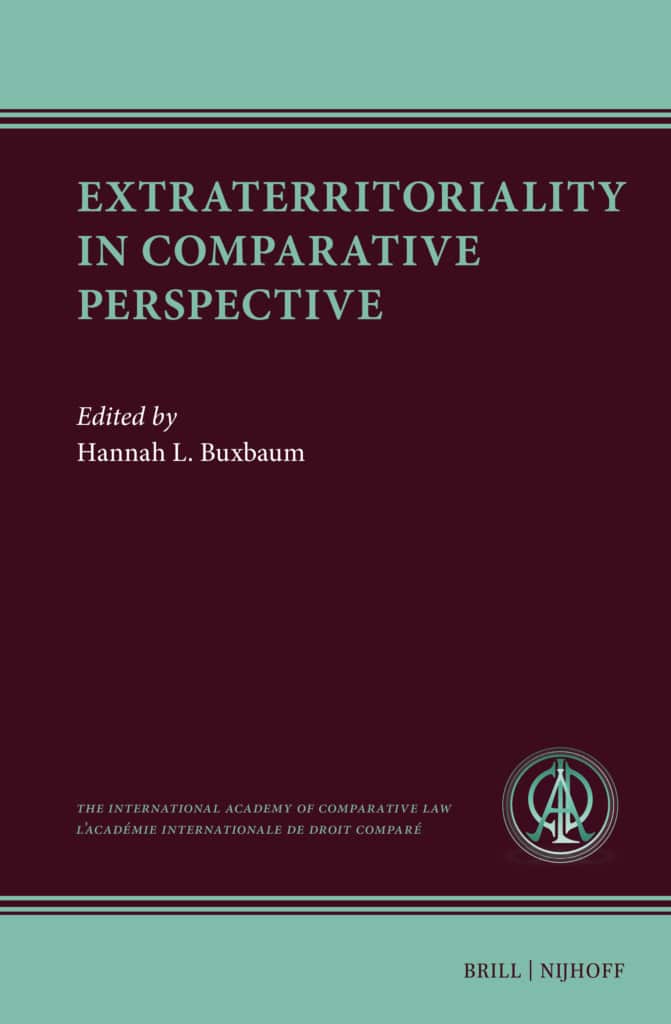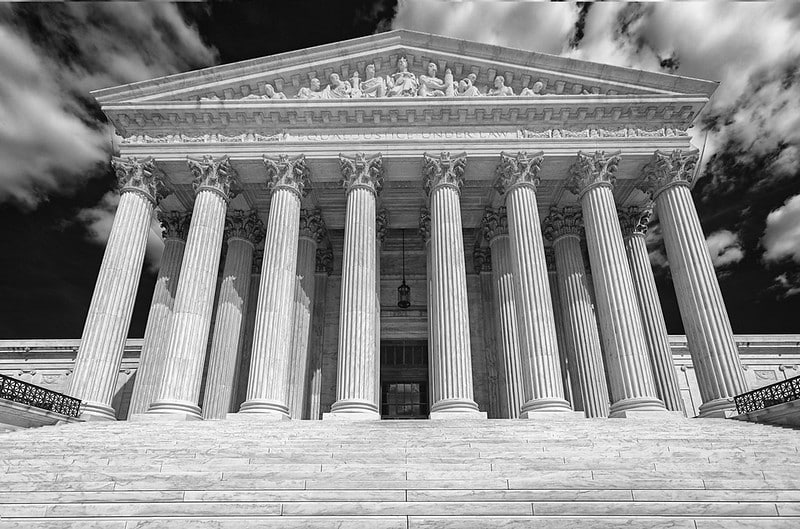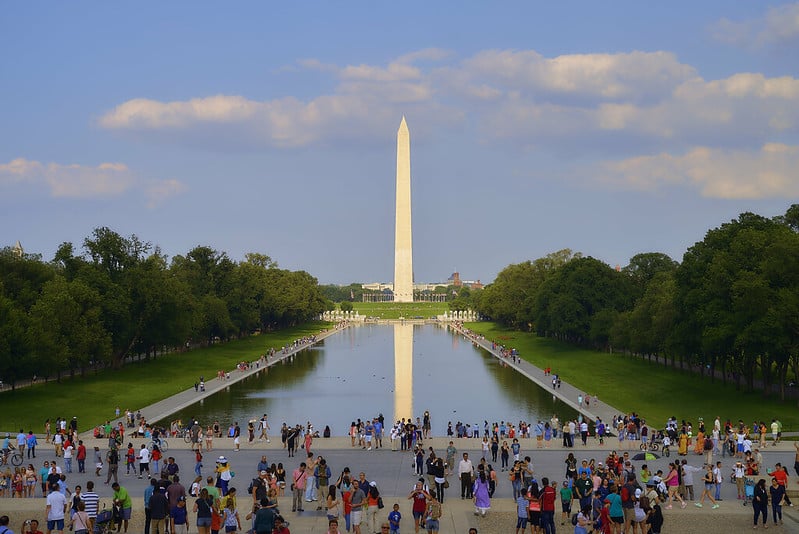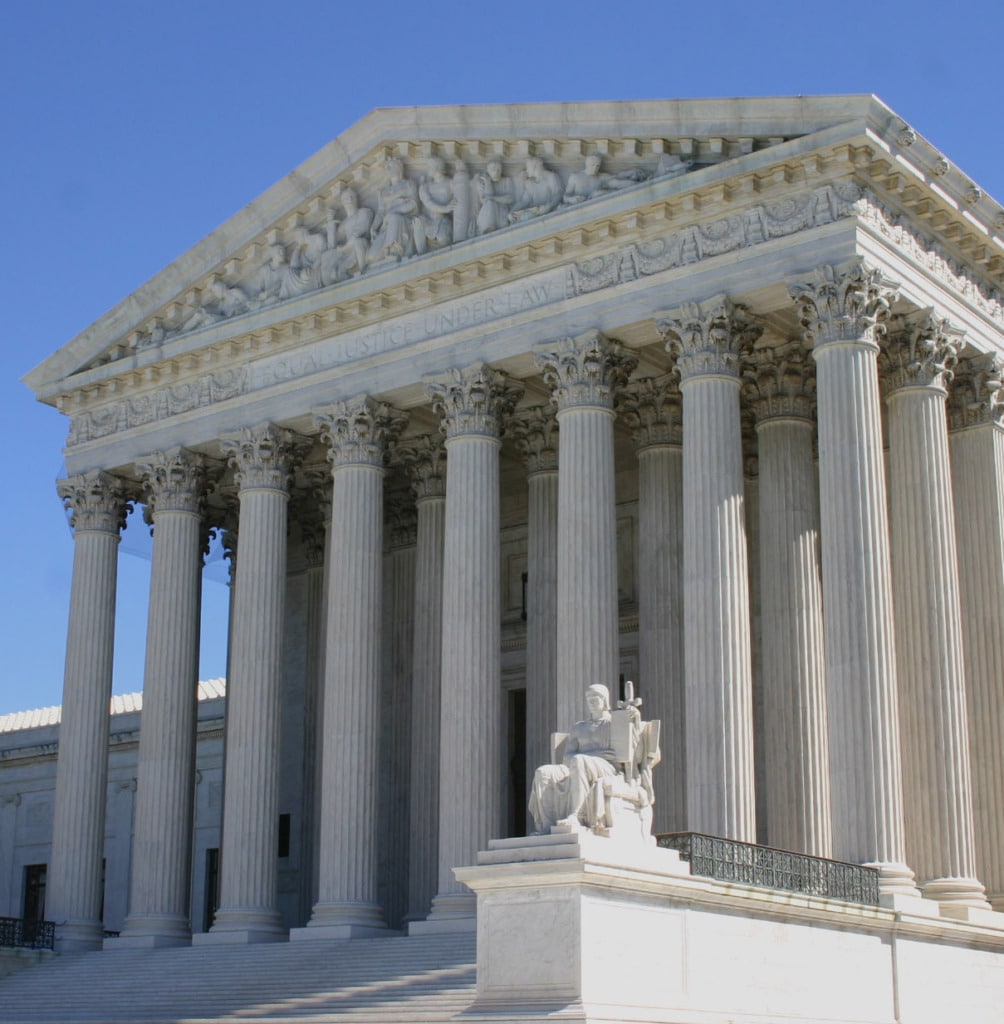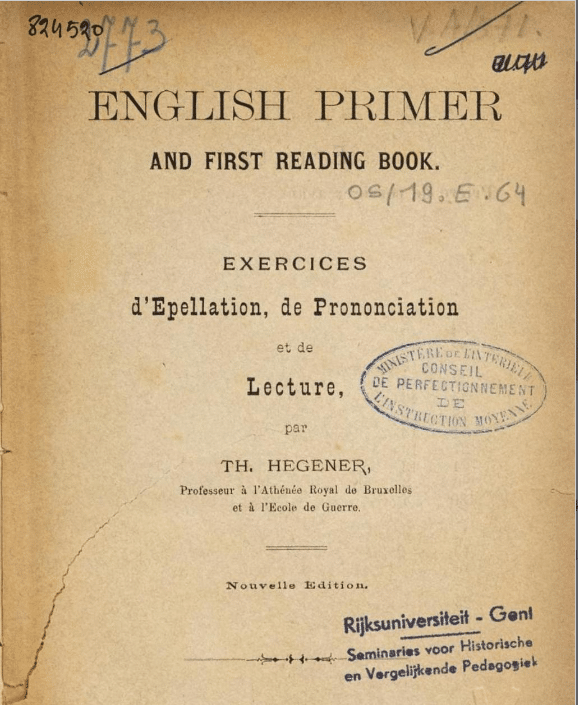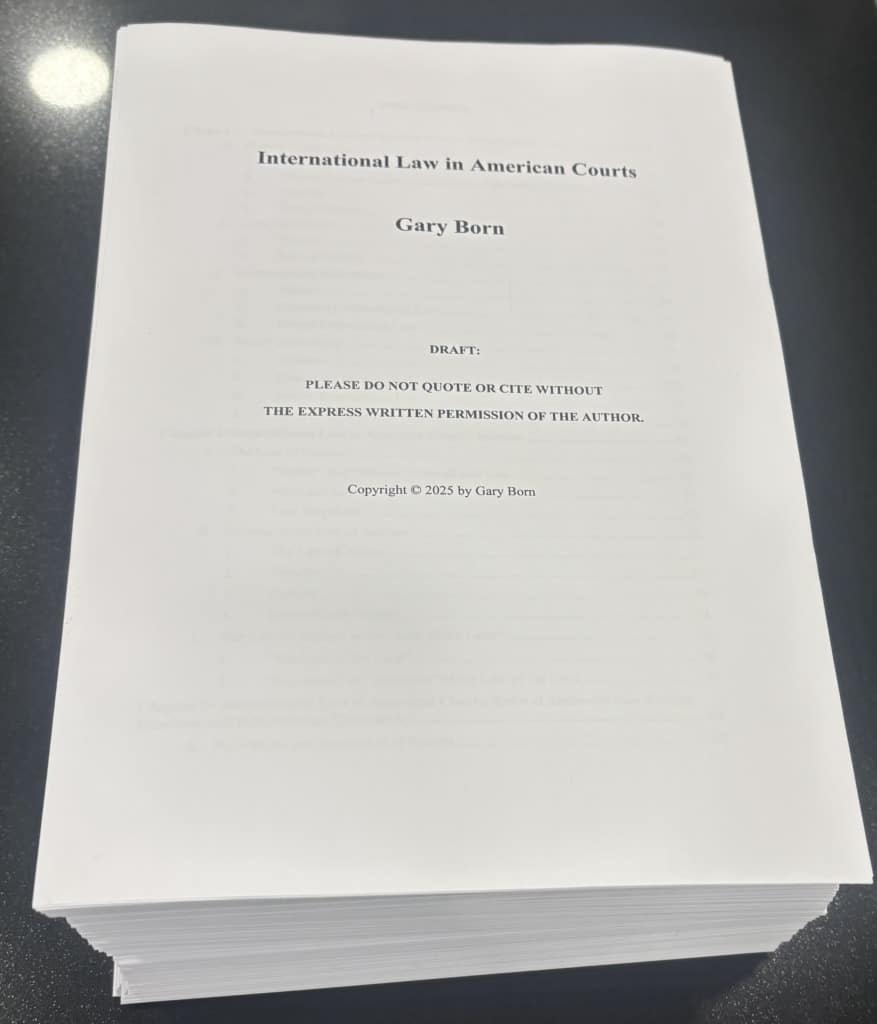Cisco’s Cert Petition
Last Friday, January 31, 2025, Cisco Systems filed a petition for certiorari asking the Supreme Court to review the Ninth Circuit’s decision in Doe v. Cisco Systems, Inc. (2023), a decision holding that claims of aiding and abetting may be brought under the Alien Tort Statute (ATS) and Torture Victim Protection Act (TVPA). As more…
Continue ReadingExtraterritoriality in Comparative Perspective
Extraterritoriality has been on the outs with the Roberts Court, which has curtailed the reach of U.S. trademark, human rights, securities, and racketeering laws via the presumption against extraterritoriality. But globally, extraterritoriality may be on the rise. Countries have flexed their extraterritorial muscles to address data privacy, human rights, competition law, tax base erosion, and…
Continue ReadingCC/Devas (Mauritius) Limited v. Antrix Corp.: International Arbitration and Constitutional Avoidance
I suspect that CC/Devas (Mauritius) Limited v. Antrix Corp. Ltd. caught the eye of the Supreme Court because of an interesting constitutional question: Does the Due Process Clause of the Fifth Amendment apply in civil suits brought against foreign states in U.S. courts? More than thirty years ago, Justice Scalia, writing for a unanimous Court…
Continue ReadingCall for Papers: International Law in Domestic Courts
The next International Law in Domestic Courts (ILDC) Workshop will be held at the George Washington University on Friday, May 23, 2025. The ILDC is an interest group of the American Society of International Law. Its purpose is to promote dialogue among scholars and lawyers who are interested in issues pertaining to the application of…
Continue ReadingRule 19 and Continuing Litigation in Peterson v. Bank Markazi
Last November, the Second Circuit decided in Peterson v. Bank Markazi that Bank Markazi, Iran’s Central Bank, remained immune from suit under the Foreign Sovereign Immunity Act (FSIA) despite the enactment of 22 U.S.C. § 8772, which subjects certain Iranian assets to “execution or attachment” to satisfy judgments against Iran. The district court will now…
Continue ReadingSupreme Court CVSGs in Terrorism Case
On January 13, 2025, the Supreme Court called for the views of the Solicitor General in Borochov v. Islamic Republic of Iran. (This is commonly known as a “CVSG.”) The question presented is whether the Foreign Sovereign Immunities Act’s (FSIA) exception for state sponsors of terrorism, 28 U.S.C. § 1605A, extends to cases in which…
Continue ReadingA Primer on Service-of-Process Clauses
A service-of-process clause is a contract provision that specifies how a summons and a complaint shall be served upon a person named as a defendant in a U.S. court. This post surveys the issues presented by such provisions. It first discusses the three most common varieties: (1) those that specify a method by which process…
Continue ReadingInternational Law in American Courts
In a new book, International Law in American Courts, slated for publication in Summer 2025, I address the status of international law in American courts under the Constitution and the power of those courts directly to apply rules of international law. Readers can find the full manuscript on SSRN here. In this post, I summarize…
Continue ReadingConflict of Laws Workshop
The Second Annual Conflict of Laws Workshop (CLAW) will be hosted by the University of Oklahoma College of Law in Norman, Oklahoma, on May 16, 2024 with a welcome dinner the night before. The CLAW aims to provide a forum to discuss new work in conflict of laws. The CLAW welcomes work on all aspects…
Continue Reading
